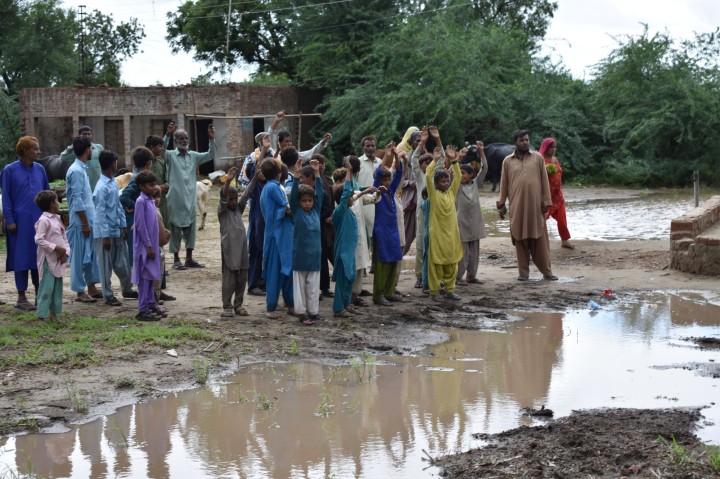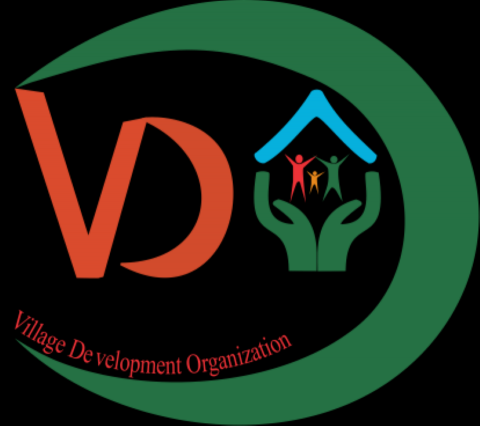Upscaling WASH-systems-strengthening in Fragile and Developing Contexts to Achieve SDG 6 in Ghotki
2023 - 2025 • Village Development Organization (VDO) Ghotki
Purpose
The purpose of the program is to improve primary healthcare infrastructure and services, especially in rural areas; expand access to clean drinking water and sanitation facilities; implement affordable housing programs for low-income households; and enhan
Activities
• Organize the workshops for dissemination of learning with partners and program stakeholders
• Document the learning to guide the future WASH program design
• Develop human interest stories for the partners and communities to adopt the best practices.
• Capacitate building of VDO and local partner on WASH systems approach.
• Ongoing participation in Module Six.
• Contribution to program-wide knowledge briefs or papers on the cross-cutting themes of the overall multi-country program (i.e., market-based approaches and systems strengthening; strengthening government systems; strengthening the humanitarian-development nexus; rights-based approaches and political economy).
• Development of a knowledge brief or paper on VDO's experiences and lessons learned in systems strengthening.
• Participation in an international WASH conference to present experiences and lessons learned of VDO Pakistan in systems strengthening.
• Learning exchange visits from other districts to help support the upscaling and replication of key program activities and increase interest in the systems-strengthening approach.
• Strategic partnerships are established with WASH actors (i.e., other A4C members as well as WaterAid and UNICEF, HUD&PHED) and contributing to a ‘hub’ for systems strengthening through co-hosting multiple workshops per year and learning events where different organisations and governmental stakeholders experiences with WASH systems strengthening are presented and discussed.
• Research studies on the impact of the project interventions in both helping to sustain and scale access to improved WASH services as well as institutionalizing behaviors and processes at the meso levels that will ensure interventions’ ongoing effectiveness. These studies will provide a vital evidence-base for targeted advocacy at the macro level.
• Support the piloting (or scale-up) of the Clean Green Index (a local government performance monitoring mechanism for the Clean Green Pakistan/ghotki sindh Initiative) for rural WASH
• Further consultations with MCC, PHED and LG&CDD during the programme’s inception period around appropriate indicators, modalities (i.e., determination of roles and responsibilities) and frequency of assessment and the areas of support required to pilot or upscale
• Time within existing relevant workshop (i.e., the workshop on monitoring activities) to detail the objectives of the activity to key stakeholders and outline the plan for implementation
• Material and human capacity support requirements needed to enable the collection of necessary data for District Ghotki Sindh
• Policy review and consultations to clearly establish the respective roles and responsibilities of the different levels of government in the target intervention area (i.e., provincial and local government) as well as the roles and responsibilities of different provincial and local governmental departments). This would be done considering PLGA-19, with the focus being to raise awareness and ensure understanding of relevant policies and roles and responsibilities.
• Comparatively light-touch capacity building of Punjab Public Health Engineering Department through ensuring their involvement in all meso-level capacity building sessions of local government
• Formation and re-training (i.e., on tariffs, operations, and minor maintenance) of CBOs and linking this with maintenance service providers and local government, with separate awareness-raising sessions conducted on water conservation/protection and water quality management, including water safety planning.
Images

Image: Upscaling WASH-systems-strengthening in Fragile and Developing Contexts to Achieve SDG 6 in Ghotki © Siddaqat Ali -
Countries of activity
Location of main activity
Objectives
Capacity Strengthening of Community regarding WASH Practices
Ensure access to essential services such as healthcare, clean water, sanitation, health, and housing.
Promote sustainable management of natural resources, including land, water, and forests, to improve livelihoods and mitigate environmental degradation.
Contact information
Siddaqat Ali
Login to see the e-mail-adress of the contact person.
Filter tags
Educators Highlight on Gender Theme Page Journalists Local NGO Other funding source or unspecified Politicians and local decision makers Practitioners Rural Rural areas Sexual and gender minorities Sexual and gender-based violence South Asia Specific to one or several countries Women in Water Jobs Women Networks Women's rights & representation and empowerment
Attached files
Village Development Organization (VDO) Ghotki
Ghotki
Pakistan
Uploaded by:
Siddaqat Ali (vdoghotki)
















